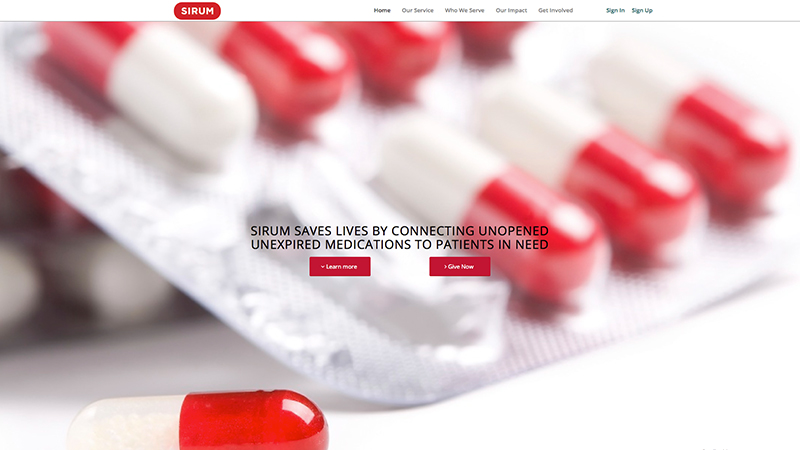

By Kiah Williams
Each month, in health facilities across Colorado, care staff spend valuable time popping unused, unexpired pills out of their packaging and into trash bins. For example, based on annual surveys that the Colorado Department of Public Health and the Environment (CDPHE) conducts of nursing homes and their waste generation, it’s estimated that Colorado’s nursing homes discard about 35,000 pounds of potentially reusable medicine annually. Those estimated 35,000 pounds of medicine are worth about $10 million. That sum does not even include the surplus medicine discarded at Colorado’s many other health facilities, like hospitals, assisted living facilities or hospices.
At the same time, Coloradans like Natalie struggle each month to afford their medications. Some have high co-pays, others have insurance that does not cover the medications they need, and others still lack insurance. Natalie, who is uninsured, has skipped filling her blood pressure and thyroid medications on multiple occasions, opting instead to put her limited income toward other basic needs. Her health has suffered, and she has visited the emergency room twice.
Recently, however, Natalie has been feeling a lot better: she found TLC Pharmacy, a nonprofit pharmacy in Colorado Springs that takes in donations of unused medicines from nursing homes across the state and dispenses them to uninsured residents of El Paso and Teller counties. TLC Pharmacy has helped Natalie get the medications she needs without her having to worry about being able to afford them.
Drug redistribution programs have been legal in Colorado since House Bill 05-1131 passed in 2005 and Senate Bill 10-115 passed in 2010. A new bill headed to the governor’s desk this week, House Bill 15-1039, will build on prior legislation to expand who can donate and receive medicine, and offers strong legal protection for those who participate in these programs. Under this new statute, a wide range of nonprofit providers—from critical access hospitals to free clinics with dispensaries to community mental health centers—are eligible to receive and dispense donated medicine.
In addition to reducing purchasing costs, a supply of donated medicine can give safety-net providers extra flexibility in assisting patients in need. Clinics can set their own eligibility guidelines for which patients receive donated stock, reducing paperwork and expanding the pool of potential patients (such as the underinsured) who can benefit.
There are many ways to get unused medicine from a facility with surplus to a pharmacy in need. Our nonprofit SIRUM has worked since 2011 to refine a peer-to-peer model that lets donors send surplus medicine directly to recipients quickly and efficiently. To date, we have redistributed over $3 million worth of surplus medicine using this model. We started piloting our program here in Colorado last year, beginning with a partnership with TLC Pharmacy. Having redirected nearly $200,000 worth of medicine from nursing homes across Colorado to TLC, we are now seeking additional recipient clinics, pharmacies or hospitals.
It’s not often in health care that such easy win-win ways to reduce waste come along. Let’s take those 35,000 pounds of perfectly good medicine headed for the trash, and turn them into treasure for the thousands of Coloradans struggling with medication costs.